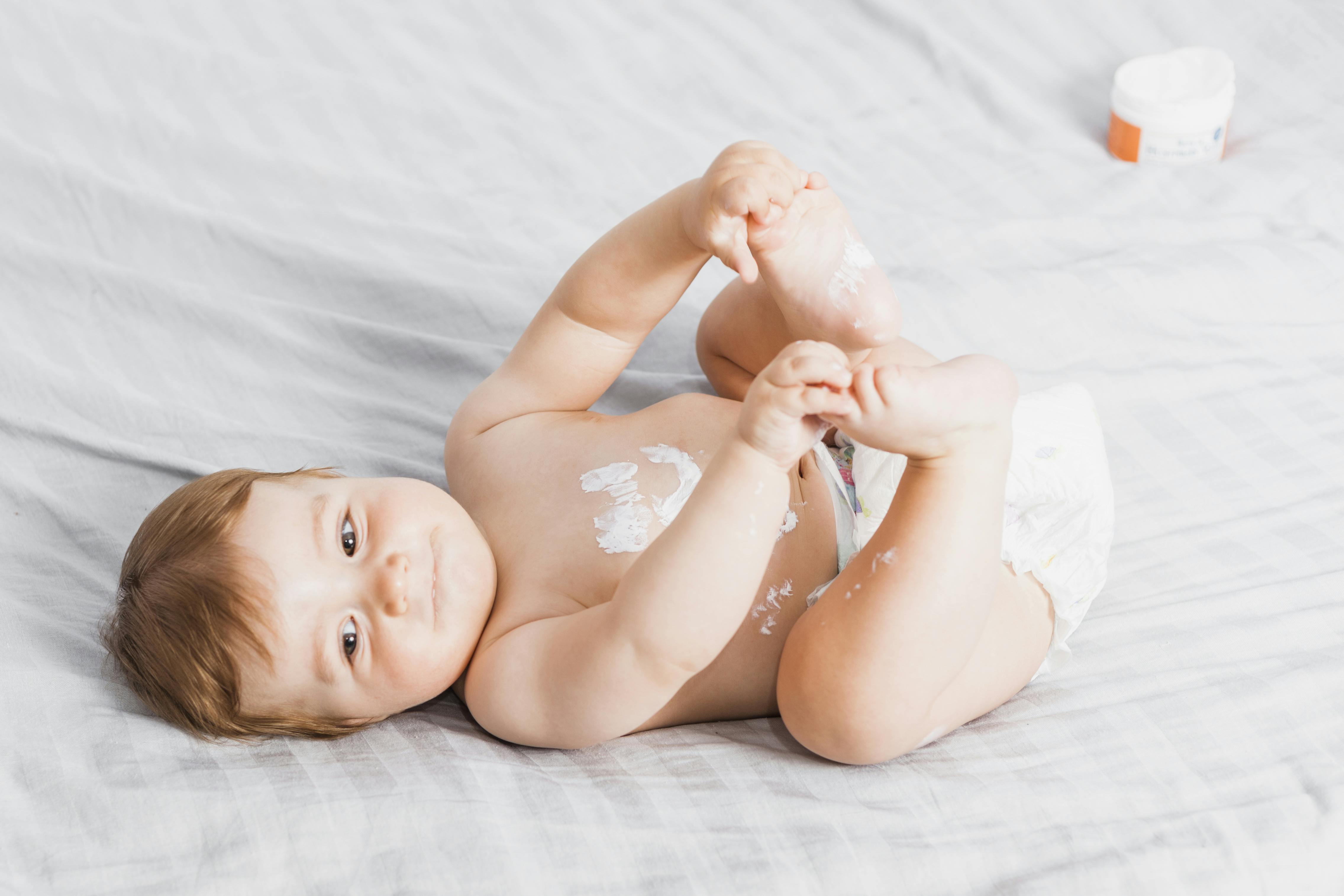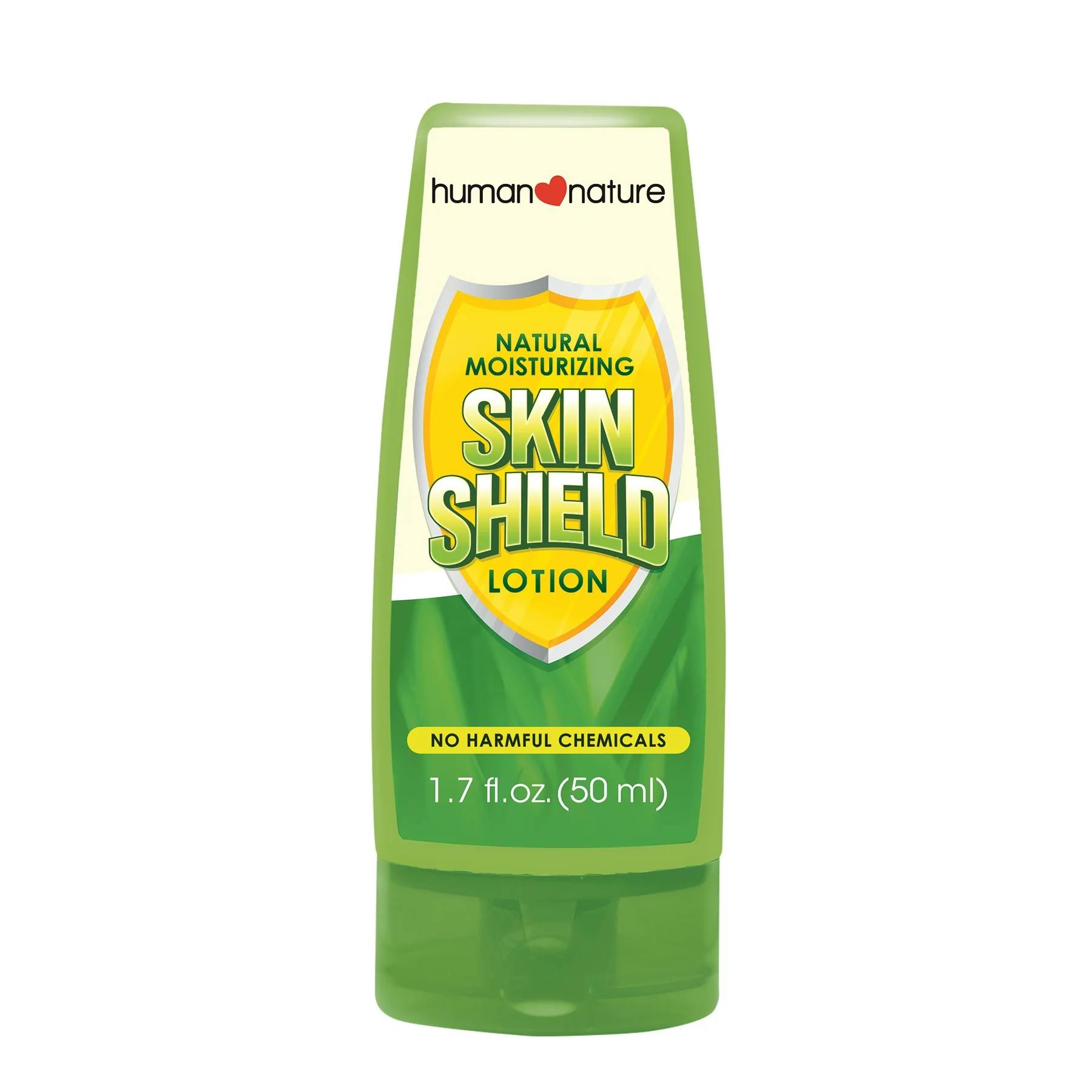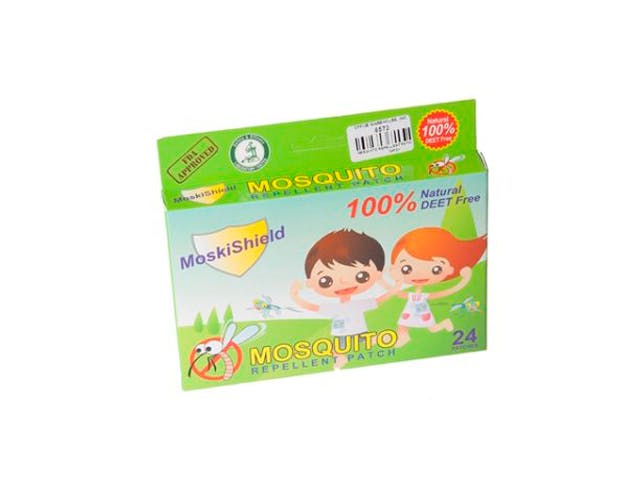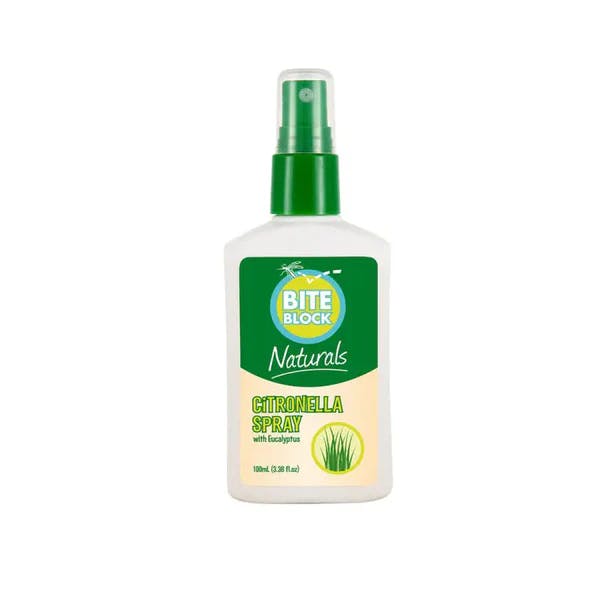Top Baby-Safe Insect Repellents for 2024: A Complete Guide for Parents

The right repellent can significantly reduce your child’s risk of getting sick from mosquitoes. However, some repellents contain chemicals that may be too harsh for babies, which is why it’s crucial to know what to look for. In this guide, we will explore different types of repellents, from natural formulations with essential oils to those containing picaridin and low concentrations of DEET, which have been deemed safe for babies.
What to Look for in Baby-Safe Insect Repellents
When it comes to protecting your baby from mosquitoes, not all insect repellents are created equal. Here are some important factors to consider:
Ingredients to Avoid:
DEET in concentrations higher than 10% should be avoided on babies. Also, avoid aerosol sprays, which can be harmful if inhaled. You should steer clear of repellents that contain harsh chemicals or fragrances that could irritate your baby’s sensitive skin.
Safe Ingredients:
Picaridin is a popular alternative to DEET that is effective and safe for babies. It has a low risk of skin irritation and provides long-lasting protection. Essential oils like citronella, eucalyptus, and lemon grass are also used in natural repellents but may require more frequent reapplication.
Repellent Formats:
Insect repellents come in various forms, including lotions, sprays, wipes, and patches. Lotions and sprays are generally the most effective, but wipes and patches offer a convenient, mess-free alternative, especially for babies who might not sit still for lotion application.
Age Restrictions:
Always check the label for age recommendations. Most repellents are safe for babies six months and older. For younger babies, it’s best to use physical barriers like mosquito nets.

Human Nature Skin Shield Lotion
100% Natural | DEET-Free | Safe For Kids, Pregnant and Breastfeeding Women. Citronella’s rich, lemony fragrance with eucalyptus and orange oil helps mask your skin’s natural scent while sunflower oil helps keep skin moisturized.
Human Nature Skin Shield Lotion
Human Nature Natural Moisturizing Skin Shield Lotion is a favorite among parents who prefer natural products. It contains essential oils like citronella, eucalyptus, and soybean, all of which are known for their mosquito-repelling properties. The bonus? This lotion also moisturizes your baby's skin, thanks to ingredients like coconut oil and sunflower oil.
Pros
- Made from natural ingredients
- Moisturizes and protects baby’s skin
- DEET-free and safe for daily use
Cons
- Requires more frequent application
- Not as effective in areas with heavy mosquito presence

MoskiShield Mosquito Repellent Patch
Moskishield is DEET free and FDA approved. The patch contains only high purity and high quality citronella oil and lemon eucalyptus oil.
MoskiShield Mosquito Repellent Patch
If you’re looking for a DEET-free alternative that’s easy to use, MoskiShield Mosquito Repellent Patches are a fantastic choice. These patches, made with lemon eucalyptus and citronella oil, can be stuck onto your baby’s clothes or stroller for continuous protection without the need for lotion or spray.
Pros
- Easy to apply; no mess
- DEET-free and safe for babies
- Fun designs that kids love
Cons
- Limited coverage area (only where the patch is applied)
- Effectiveness diminishes over time and may need replacing frequently

Bite Block Naturals Insect Repellent Citronella Spray
Bite Block Naturals Citronella Spray offers 4 hours of protection against mosquitoes. It is infused with natural active ingredients like Citronella, Eucalyptus, and Andiroba oils that not only smell good on skin, but also effectively keep mosquitoes away. Perfect for active kids and adults!
Bite Block Naturals Insect Repellent Citronella Spray
Bite Block Naturals Insect Repellent Citronella Spray is designed with sensitive skin in mind. Made with citronella oil and other natural ingredients, this spray is gentle on the skin while providing protection for up to 4 hours. It’s a safe, chemical-free option for babies over six months old.
Pros
- Made from natural, gentle ingredients
- Free from harsh chemicals
- Easy-to-use spray bottle
Cons
- Requires frequent reapplication (every 4 hours)
- Not recommended for areas with heavy mosquito activity
Frequently Asked Questions
Is DEET safe for babies?
DEET is considered safe for babies in concentrations of 10% or lower, but it is not recommended for infants under two months old. For babies older than that, DEET-based repellents can be used, but you may want to opt for alternatives like picaridin or essential oils if you’re concerned about potential skin irritation or chemical exposure.
What is the best insect repellent for sensitive skin?
If your baby has sensitive skin, look for products that use natural ingredients like citronella or eucalyptus oil. Repellents like Bite Block Naturals and OFF! FamilyCare Insect Repellent are good choices because they are gentle and less likely to cause irritation.
Can insect repellents be used on newborns?
Most insect repellents are not recommended for babies under two months old. For younger babies, it's better to use physical barriers like mosquito nets or long-sleeved clothing. Always check with your pediatrician before applying any repellent to a newborn.
How often should I reapply insect repellent on my baby?
The frequency of reapplication depends on the type of repellent you’re using. Natural repellents with essential oils often need to be reapplied every 2-4 hours, while products with picaridin or DEET may last longer, up to 8-14 hours. Always follow the product’s instructions for the best results.
Safety Tips for Using Insect Repellents on Babies
- Avoid applying repellent on the baby’s hands or face to prevent accidental ingestion.
- Apply repellent on your hands first, then rub it on your baby’s skin.
- Do not apply repellent on cuts, irritated skin, or around the eyes and mouth.
Conclusion
Each product we’ve reviewed has its own advantages, so it’s important to consider your baby’s specific needs, such as skin sensitivity, and the environment you’ll be in. Whether you prefer the gentle and moisturizing properties of Human Nature Natural Moisturizing Skin Shield Lotion, or the convenience of MoskiShield patches, there’s a baby-safe insect repellent out there for every situation. By understanding the different types of insect repellents available and following safe usage guidelines, you can enjoy your outdoor activities with peace of mind, knowing your baby is protected.